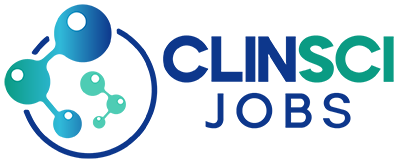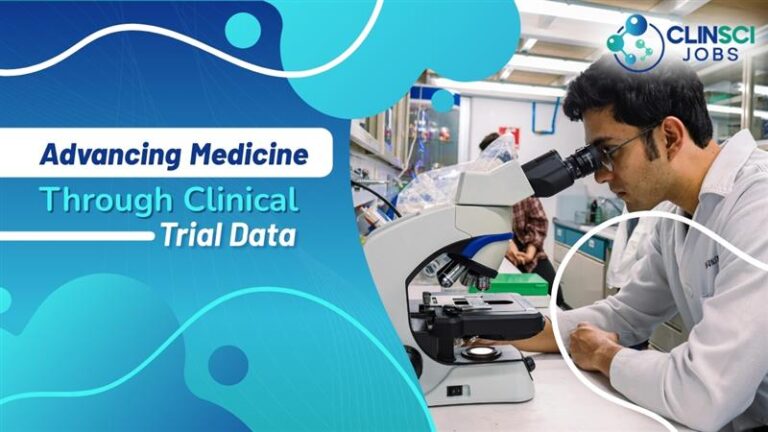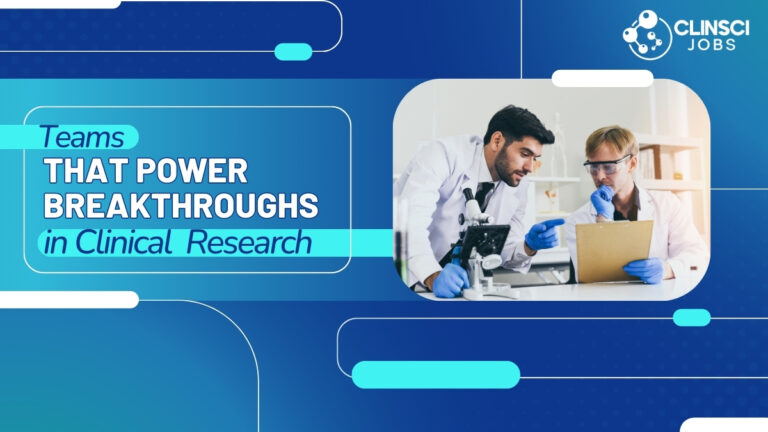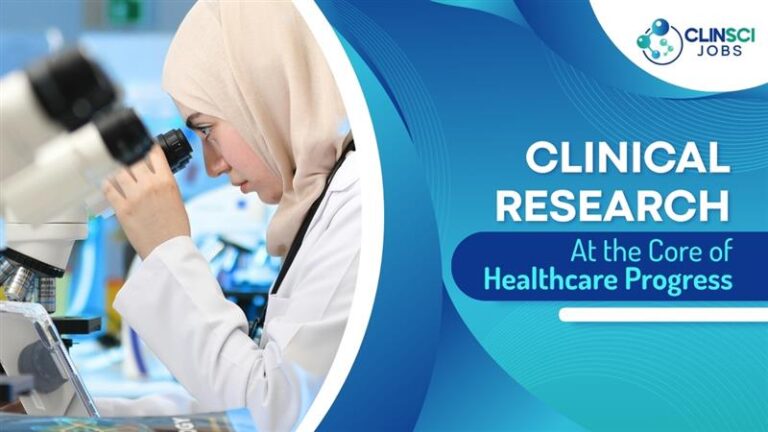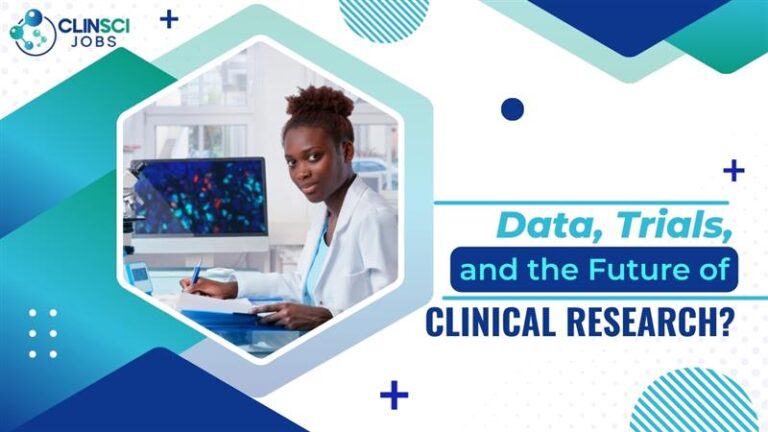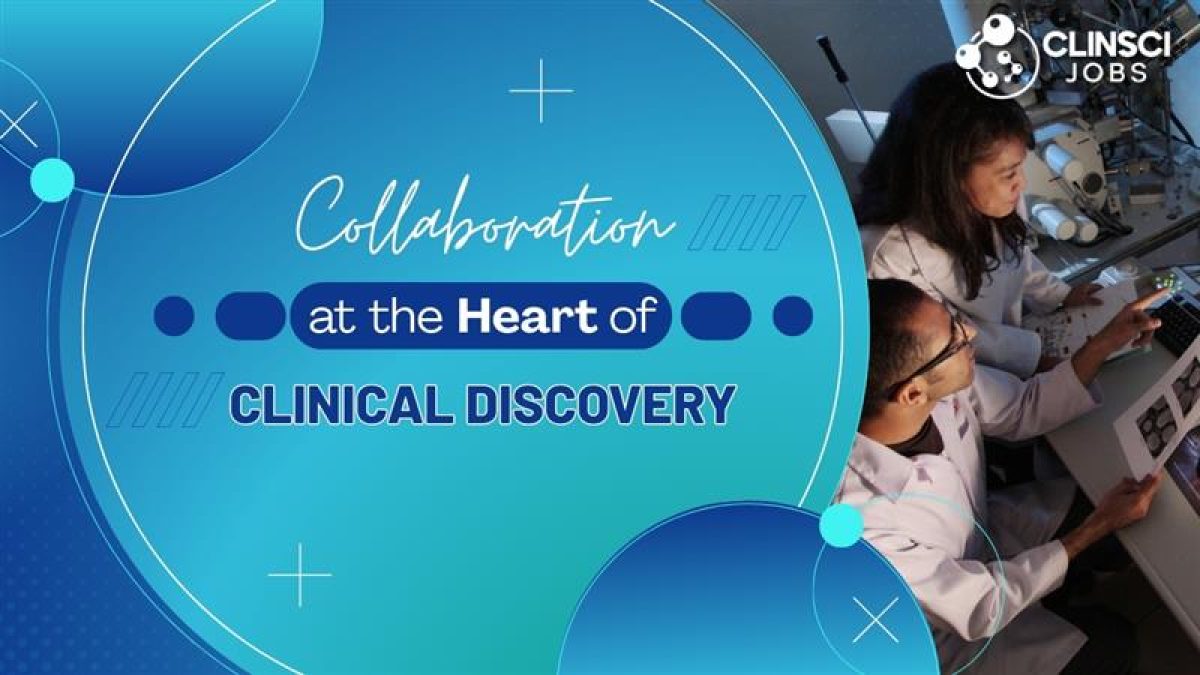Table of contents ▸
Data scientists are essential to transforming clinical research and healthcare in today’s data-driven world. Big data, artificial intelligence (AI), and machine learning have revolutionised how doctors perform research, identify illnesses, and treat patients. Data scientists offer insights that improve patient outcomes, expedite drug development, and boost operational efficiency in healthcare organisations by examining enormous volumes of medical data.
This blog examines the important role that data scientists play in clinical research and healthcare, highlighting their accomplishments, difficulties, and prospects for data-driven medicine.
The Increasing Relevance of Data Science in Healthcare
Bridging the Data-Medical Divide
In addition to the deluge of electronic health records (EHRs), today’s world has so much data from wearables, sequencing, etc. coming from healthcare on a daily basis. Raw data by itself does not translate into better healthcare decisions. This is where data science comes in. They develop many machine learning algorithms, predictive analytics, and statistical modeling and make it possible so complex datasets can be converted into meaningful medical insights.
Progressive Personalized Medicine
Personalized medicine is one of the greatest things that data science has provided in healthcare. Conventional models work with a general premise that medicine applies to all patients in the same way. There, with efficient data analysis via AI, patients can be treated more personally according to their genetic background, lifestyle, and the history of ailments. Such an effort not only augments a treatment’s efficacy but also decreases the possible adverse effects.
The Role of Data Scientist in Clinical Research

Speeding Up the Discovery and Development of Drugs
Drug discovery is a long and expensive process that typically takes years and billions of dollars to complete. Data scientists can assist pharmaceutical companies in optimizing this entire process through:
- Predicting drug efficacy and safety using AI models.
- Sifting through large amounts of biomedical literature and clinical trial data to identify promising drug candidates.
- Finding suitable populations for patient recruitment in clinical studies, thus reducing clinical trial failure rates.
Improving Clinical Trial Efficiency
Most new treatment breakthroughs require significant clinical trials, which test the new drug or device in real-life patients, but patient selection for trials, patient retention in studies, and maintaining regulatory requirements are a few major hurdles that data scientists address through:
- Picking patients for clinical trials by predictive analysis.
- Monitoring patient data real time for early detection of unintended side effects.
- Ensuring compliance with regulations by auto-validating and reporting data.
Helping with Disease Prediction and Early Diagnosis
Disease prediction before symptoms appear may save lives as well as reduce health care costs. Data scientists contribute significantly to:
- Predicting the outcomes of certain diseases such as cancer, diabetes, and cardiovascular diseases.
- Analyzing patient data received through wearables and EHR abnormalities detection.
- Providing and integrating into the physicians the capabilities of applying AI diagnostics for proper diagnosis.
The Role of Data Scientists in Healthcare Operations

Optimizing Hospital Operations and Resource Utilization
Effective hospital management is crucial in providing timely and quality care to patients. The following are ways data scientists can facilitate hospital operations optimization:
- Predicting patient admissions to manage workforce and resources effectively.
- Improving the supply chain of medicines and medical equipment.
- Improved scheduling systems to decrease wait times and improve patient satisfaction.
Improving the analytics of medical imaging and diagnosis
This is interpreting results from MRI, CT, and X-ray scans. Such scans give complex visual data through image processing and need a specialist’s interpretation. AI image-recognition-based models assist radiologists by:
- Detect tumors, fractures, and other damage accurately.
- Lower the chances of misdiagnosis and improve early disease detection.
- Speed up imaging analysis for faster treatment decisions.
Tackling Public Health Emergencies
As far as the data scientist is concerned, he is really needed at such times when:
- Doing models for the guidance of policymakers by disease spreading.
- Tracking of vaccines: tracking rates and efficacy.
- Forecasting healthcare demand to ensure that it provides patients with adequate supply.
Challenges Encountered by Data Scientists in Healthcare
Data scientists working in the healthcare sector face several problems, a good number of which arise from the use of private information and many other hurdles surrounding health care. Such wide data barriers would deeply affect the efficient and effective application of data science and artificial intelligence in improving patient outcomes.
- Data Privacy and Security: The Health Insurance Portability and Accountability Act (HIPAA) lays strict provisions regarding the handling and sharing of data. Hence, these make data scientists often have to cross legal frameworks in order to make them compliant as it induces barriers to access and availability for the use of data. Finally, this demands an additional level of complex security and anonymization to make data analysis all the harder.
- Quality and Integration of Data: Health data are those data that originate from various sources, including electronic health records, medical images, etc., and the data are created by patients themselves. Such a breadth leads to disintegration and nonstandardization of data, thus making them nonintegratable and analyzable. Data scientists would also have to perform a lot of data cleaning, preprocessing, and integration, to be proud of good data quality and consistency. As a result of this variety, health data would become messy and unstandardized, making it impossible to integrate or analyze them well.
- Bias in AI Algorithms: AI algorithms that are based on a biased dataset or whose training has operations primarily directed towards a given group of populations do not have the capacity to predict the healthcare outputs equitably. A trained model may not give satisfactory results across a given population but will be biased towards its training population. Developers and evaluators of such algorithms are, therefore, urged to apply justice in considering all demographics.
- Interdisciplinary Collaboration: Healthcare data science will be a very stable arena in which a close collaboration of data scientists with medical practitioners takes place. Data scientists understand clinical contexts, and they have to translate their findings into insights that would have a bearing on the practice. It makes students learn the necessary high-level communication and collaboration skills alongside a sufficiently deep understanding of medical terms and practices to ensure that insights are generally applicable to real-world situations.
Emerging data Science Future Trends in Health Care:
AI-Enabled Digital Health Assistants
These are examples of developing AI chatbots and portals into virtual health assistants that might help engage patients more actively in:
- Instant medical advice based on patient-reported symptoms
- Assistance in medication and follow-up care
- Together relieving healthcare professionals-the burden from repetitive queries
Genomic Data Science Will Grow
Genomics and bioinformatics are stars on the course of cutting edges and involve:
- Precision medicine and genome sequencing
- Early detection of genetic disorders
- Targeted therapy in cancer and rare diseases
Wearable Technology for Real Time Health Monitoring
With all the sudden interest in smartwatches and fitbits, real-time monitoring of health comes into place:
- To detect any anomalies in heart rates, blood sugars, and sleep patterns.
- For health practitioners to be alerted of timely intervention.
- The dawn of preventive healthcare.
Blockchain for Secured Health Data Management
Applications of blockchain in healthcare include:
- Improvement of data security and interoperability
- Empowering patients to control their medical records
- Minimizing fraud in clinical trials and insurance claims
Conclusion
That approach, which has never been as high profile as it is now, is the same taken by data scientists on clinical research and health care in general. Drawing from data analytics, AI, and machine learning, the innovations in drug discovery, predictive diagnosis, personalized medicine, and hospital management will all happen because of this. However, some mega-advancements have to overcome certain stumbling blocks, including issues of data security, AI bias, and collaboration across disciplines, to use data science to its fullest in health care. Emerging technologies too will see a rise in demand by data scientists in medicine, who have everything it would take to turn raw data to actionable insights that carve pathways towards more efficient, accurate, and patient-oriented health care.
Keep in touch with Clinical Scientific Jobs for the latest news in healthcare jobs and industry development!
Follow us on Social Media: LinkedIn | Facebook | Twitter | Instagram
